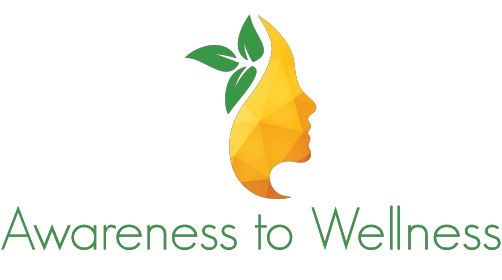You know that term “anxiety” we’ve all heard buzzing around? and have you ever found yourself grappling with its true meaning? I get it, Sometimes it’s confusing– and we wonder what it really means.
Some of us experience it, only to be further confounded by the overwhelming nature of it all. Despite the plethora of information on social media and the Internet we often find ourselves in a maze of self-diagnosis and seem to be lost.
But hey, let’s chat about it. I want to make it simple, so we’re all on the same page. Let’s navigate through the confusion together, providing a relatable understanding of what anxiety really is and means to us.
So, as humans, our biggest deal is staying safe and survival is one of our most primal needs. We really like things to be certain and predictable because that’s how we make sure we’re okay. But, here’s the twist – when things get uncertain, it messes with our sense of safety, and that’s where anxiety shows up.
Think of it like this: when we’re not sure about something or the future seems a bit of a puzzle, it makes our safety radar go wild. It’s like trying to stay safe in a game, but suddenly the rules aren’t clear. That feeling of being unsure, especially when we can’t figure out what’s coming next, that’s what we call anxiety.
So, anxiety is basically our brain’s way of saying, “Hey, things are a bit fuzzy, and I’m not sure how to handle it.” It’s like a warning sign our body gives us that we might need to find ways to feel safe again.

Anxiety is like that worried, uneasy feeling we get when the future seems a bit foggy, and we can’t rely on our usual ways of coping and our coping mechanisms get compromised.
Now again, remember, some level of anxiety is a normal and adaptive response to certain challenges, however it can become dysfunctional when it starts to interfere with our daily lives. And perhaps we might end up feeling out of control, a lot of helplessness might surface, an anticipatory fear might arise etc.
Anxiety can manifest differently for different individuals. For example, some people may experience physical symptoms such as a racing heart, trembling, sweating, or gastrointestinal discomfort. Others may experience emotional symptoms like restlessness, irritability, or a constant sense of dread. Additionally, anxiety can affect one’s thoughts, leading to excessive worrying or catastrophic thinking about potential negative outcomes.
The experience of anxiety looks different for everyone, as it is influenced by individual personality, life experiences, and coping mechanisms. Some people may feel anxious in social situations, while others may experience anxiety related to performance, health, or personal relationships.
Anxiety can present itself in environmental triggers and they could be different for everyone. It might be a specific sound, a particular place, or even certain social situations. Like an exam or interview can really shoot your discomfort and possibly make you anxious but maybe or giving a speech, you’re relaxed. And it’s when people are unable to empathize with this and say things like, “ oh you got anxious during exams but you’re fine otherwise” and it’s important to understand that it does not mean that its impact should be overlooked or dismissed. Because for the person experiencing the discomfort, fear, and sometimes panic, it is real, valid and scary.
It is essential to recognize that anxiety is a complex and multifaceted emotional experience that can manifest uniquely for each person. It exists on a spectrum, ranging from mild and occasional worry to severe and chronic anxiety disorders. Some people may only experience anxiety in specific situations, while others may struggle with generalized anxiety that impacts various aspects of their lives.
It’s a recognition that growth and meaningful living often involve stepping into the discomfort, learning from it, and using those experiences to shape a life that is true to who we are. I would like to conclude with a gentle reminder: As much as it might seem overwhelming, it is possible to cope with anxiety and its symptoms through various ways and seeking help is a brave step. Seeking help is a sign of courage.
It shows a commitment to your well-being, and there is no shame in reaching out for support. Like seeking professional help by starting therapy, cultivating self care practices, receiving support from your loved ones, joining support groups can help you navigate with the challenges and remind you that you are not alone in this.
